Reliable water management is essential for healthy crop growth and efficient farm operations. The Agricultural Centrifugal Pump has emerged as a key solution, offering consistent performance for irrigation systems across different scales of farming. Unlike older pumping methods, these pumps provide steady water flow, which reduces disruptions in irrigation schedules and allows farmers to maintain uniform soil moisture levels. The use of a Self-Priming Pump for Water alongside centrifugal technology has further simplified water transfer, especially in fields where water sources vary in elevation or pressure.
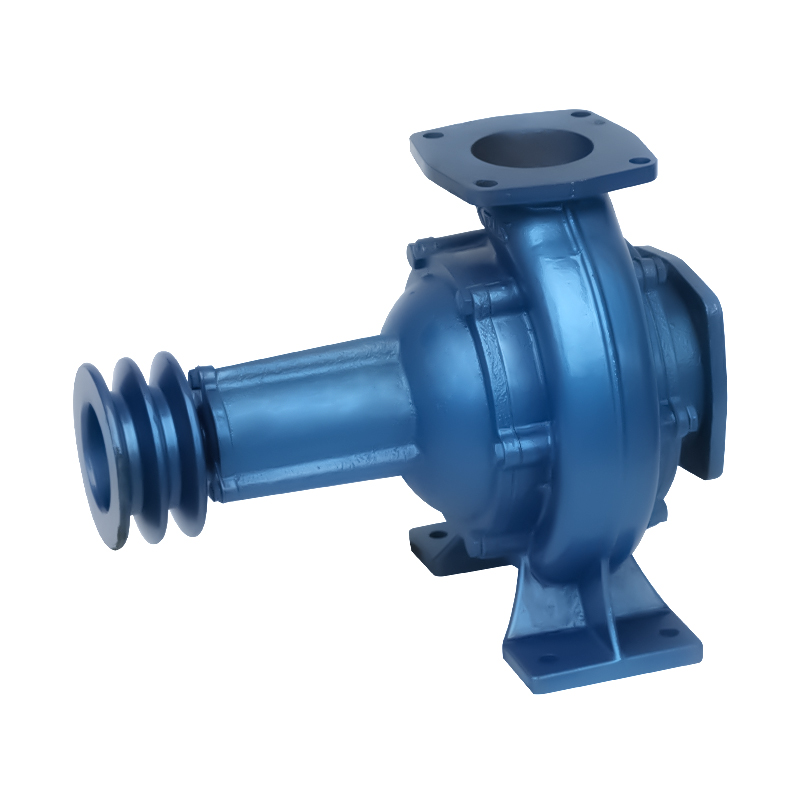
An Agricultural Centrifugal Pump is designed to handle large volumes of water with small maintenance requirements. Its ability to operate efficiently under continuous conditions makes it suitable for farms that rely on extended irrigation cycles. Farmers often notice that water delivery remains stable even when intake levels fluctuate, a feature that enhances the reliability of irrigation routines. Installing a Self-Priming Pump for Water with such a system adds versatility, as it can start pumping without manual priming, saving both time and effort during daily operations.
Irrigation systems equipped with an Agricultural Centrifugal Pump offer significant advantages for crop health. Consistent water distribution prevents overwatering or underwatering, reducing the risk of soil erosion and nutrient depletion. For areas with uneven terrain, a Self-Priming Pump for Water ensures that water reaches all sections of a field, maintaining uniform crop conditions. This combination of centrifugal and self-priming technologies allows farmers to adapt to changing environmental conditions without frequent adjustments to equipment.
Maintenance and durability are important considerations when choosing an Agricultural Centrifugal Pump. The pump’s components are often designed to resist corrosion and wear from continuous exposure to water and particulate matter. Regular inspections help maintain efficiency, but the overall design reduces the likelihood of unexpected downtime. Using a Self-Priming Pump for Water in conjunction with centrifugal pumps can further lower operational interruptions, as these pumps can resume function quickly even after periods of inactivity. This characteristic is particularly useful for farms that face variable water availability or rely on seasonal irrigation schedules.
The efficiency gains provided by an Agricultural Centrifugal Pump are not limited to large farms. Smaller agricultural operations also benefit from improved water delivery and simplified management. By integrating a Self-Priming Pump for Water, smaller-scale farmers can achieve performance levels previously associated with larger systems, without the complexity of extensive setup procedures. This accessibility has encouraged wider adoption of centrifugal pumping technology across diverse agricultural regions, supporting both crop productivity and resource conservation.
Ultimately, the combination of centrifugal and self-priming pump technologies supports modern irrigation needs by offering reliability, efficiency, and adaptability. An Agricultural Centrifugal Pump works in harmony with a Self-Priming Pump for Water to create a system that responds effectively to both water source variability and crop requirements. The result is a practical solution that enhances operational efficiency and reduces labor demands. Farmers can focus on cultivating healthy crops, confident that their irrigation equipment will perform consistently throughout the growing season.
The advantages of an Agricultural Centrifugal Pump paired with a Self-Priming Pump for Water extend beyond simple water delivery. Improved water distribution contributes to soil health, supports sustainable farming practices, and reduces energy consumption compared to older pumping methods. By integrating these technologies, agricultural operations can achieve more reliable irrigation outcomes while maintaining manageable operational costs. Over time, the strategic use of these pumps becomes a valuable asset in achieving long-term farm productivity and resilience.

 English
English русский
русский Español
Español
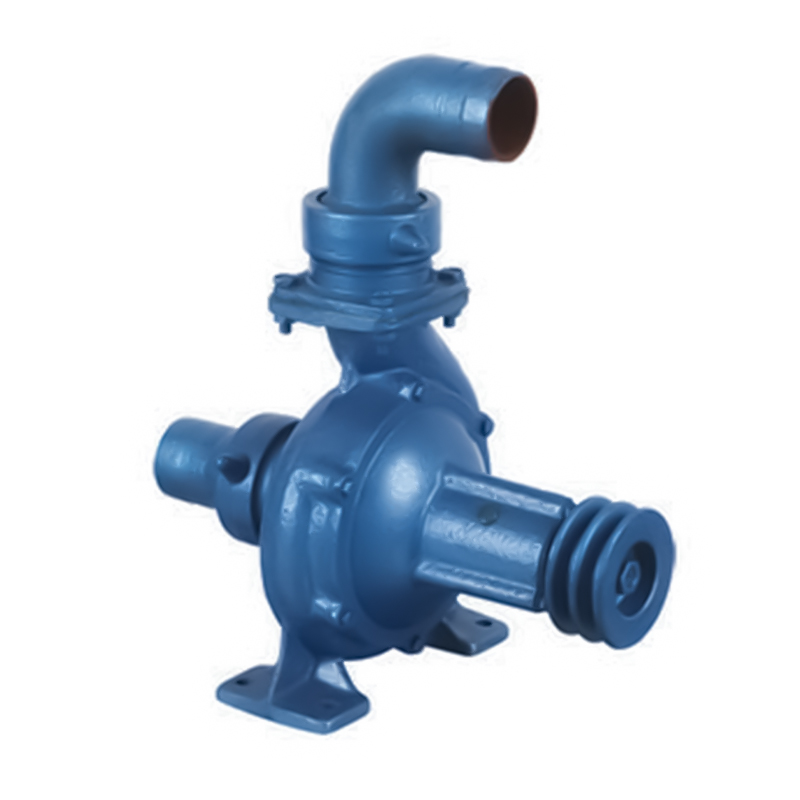
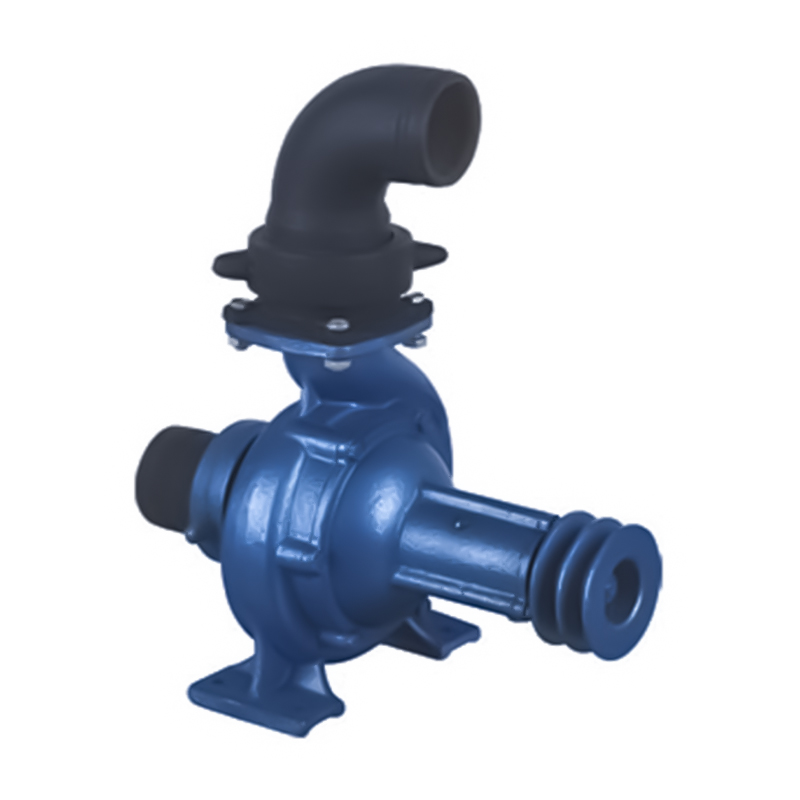

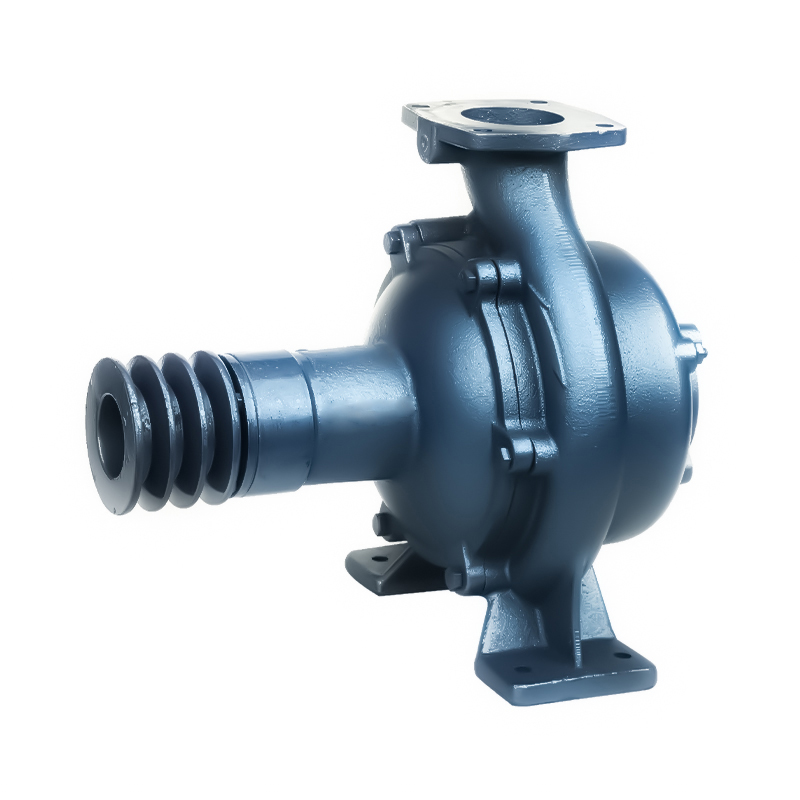
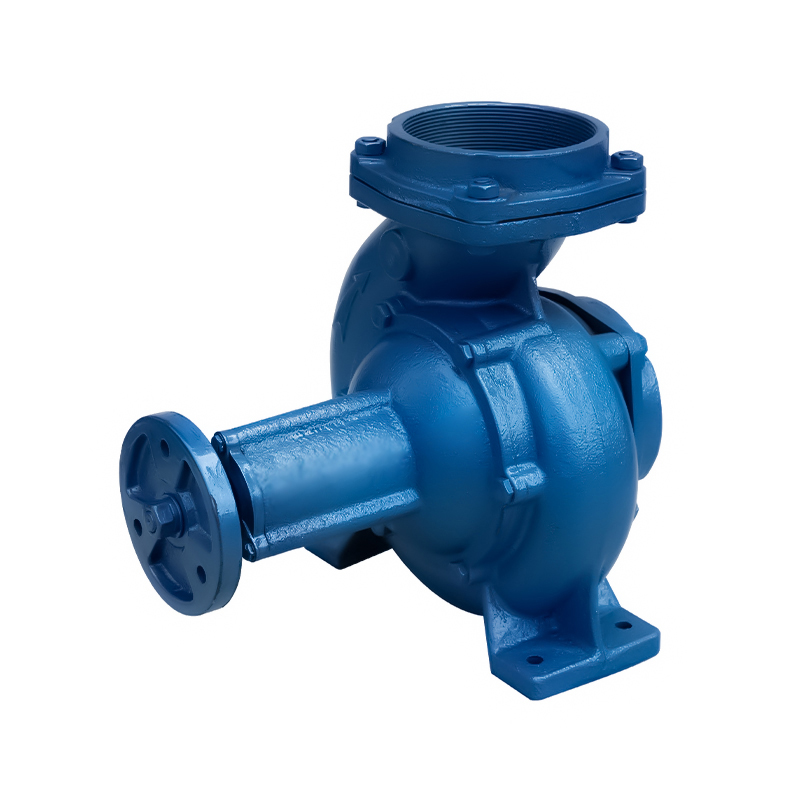
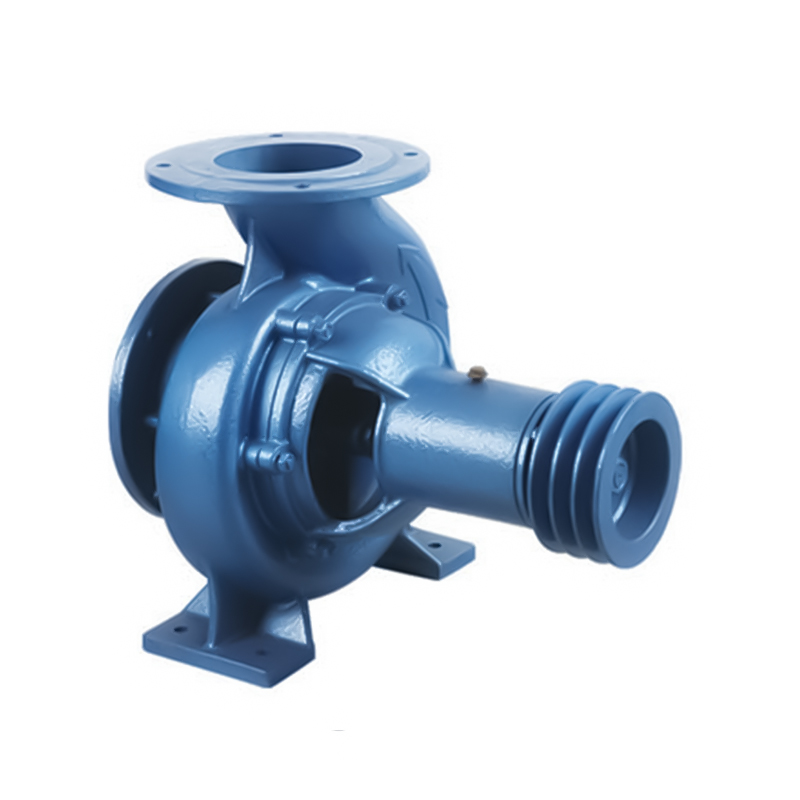
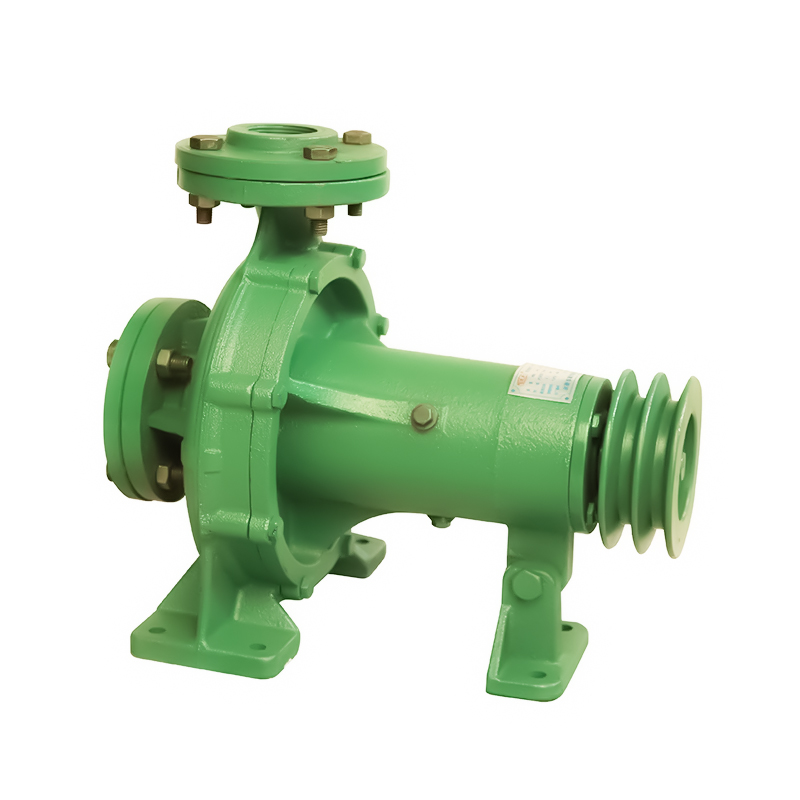

 Email:
Email:
 Phone:+86-13605899207
Phone:+86-13605899207

